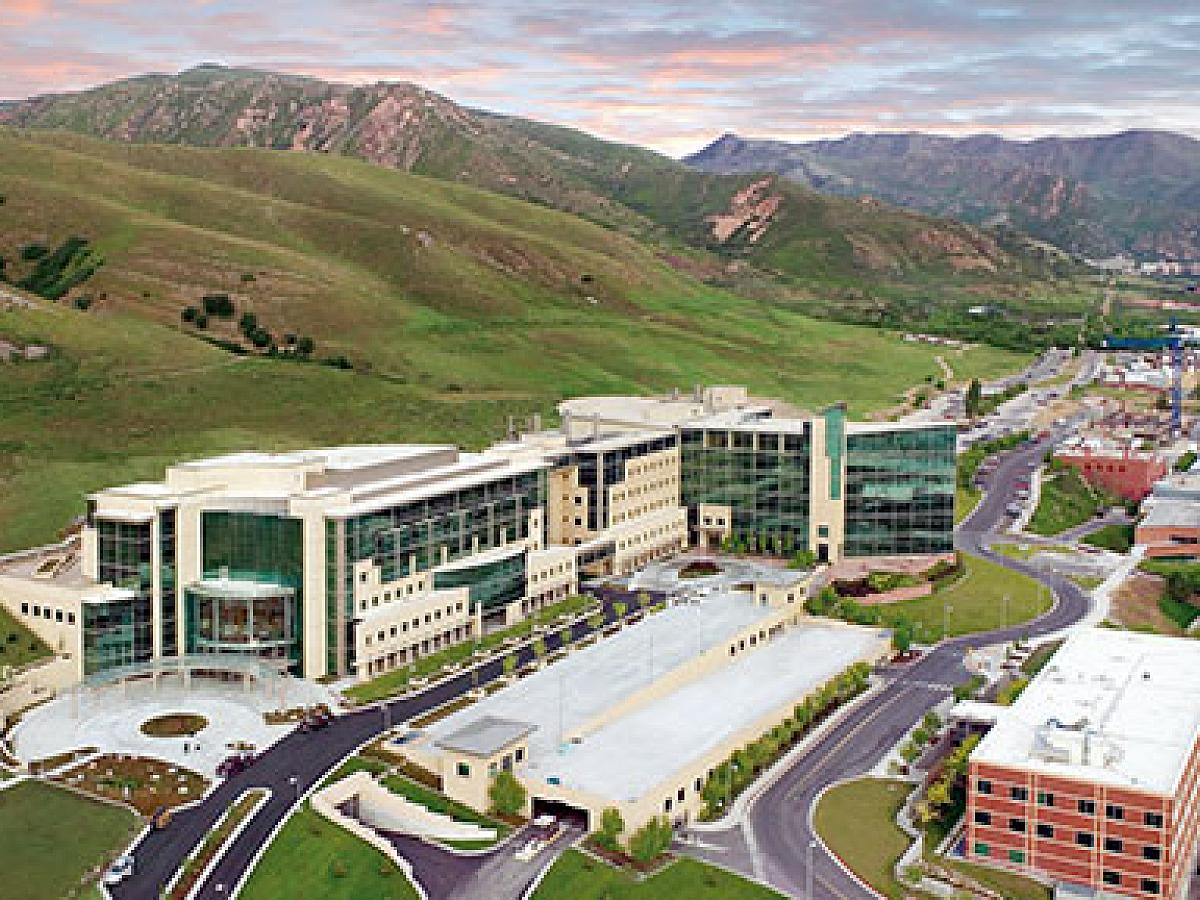Questions?
What are the application requirements?
All applications must be submitted via ERAS, and International students must obtain ECFMG certification prior to starting the ERAS process. Please review our Application Checklist tab for details and the list of required documents.
When is the application deadline?
It's highly recommended you submit your application as early as possible. We are planning to send out the first round of invitations to interview between 10/25 - 10/27/23.
How many categorical and preliminary positions do you offer?
Our surgery program is approved for six (6) categorical residents per academic year.
When is your program start date?
July 1st
What is the typical surgery case volume for a graduating chief resident?
On average, chief residents can complete anywhere from 1,100 to 1,300 cases by the end of their final year.
What are Board Exam passing rates for graduating residents?
Our graduating residents have a first-time pass rate of 100% on the American Board of Surgery Qualifying Exam (written boards) and > 85% on the Certifying Exam (oral boards).
Is a year of research required?
Yes. University of Utah General Surgery Residency Program is a 6-7 year program for all residents. The extra years are dedicated to Professional Development. This time can be spent in many different areas, including basic science research, health services research, global surgery, innovations, etc. Please see the Professional Development section of our website.
How many residents pursue additional training?
Typically, three to four residents per graduating class will pursue fellowships. The remaining residents enter private or community-based practice.
Why should I attend the University of Utah?
The University of Utah is home to world-renowned medical care and research facilities; namely, the University Hospital’s Level 1 Trauma Center, Jon Huntsman Cancer Institute, Primary Children’s Hospital, and the original Center for Global Surgery. The surgery residents are exceptionally well-trained and prepared for either advanced fellowship training or solo, rural private practice. In addition, the University of Utah is located close to Salt Lake's vibrant urban centers that feature world class theater, art, and live entertainment in a natural setting of unrivaled fascination and beauty.

